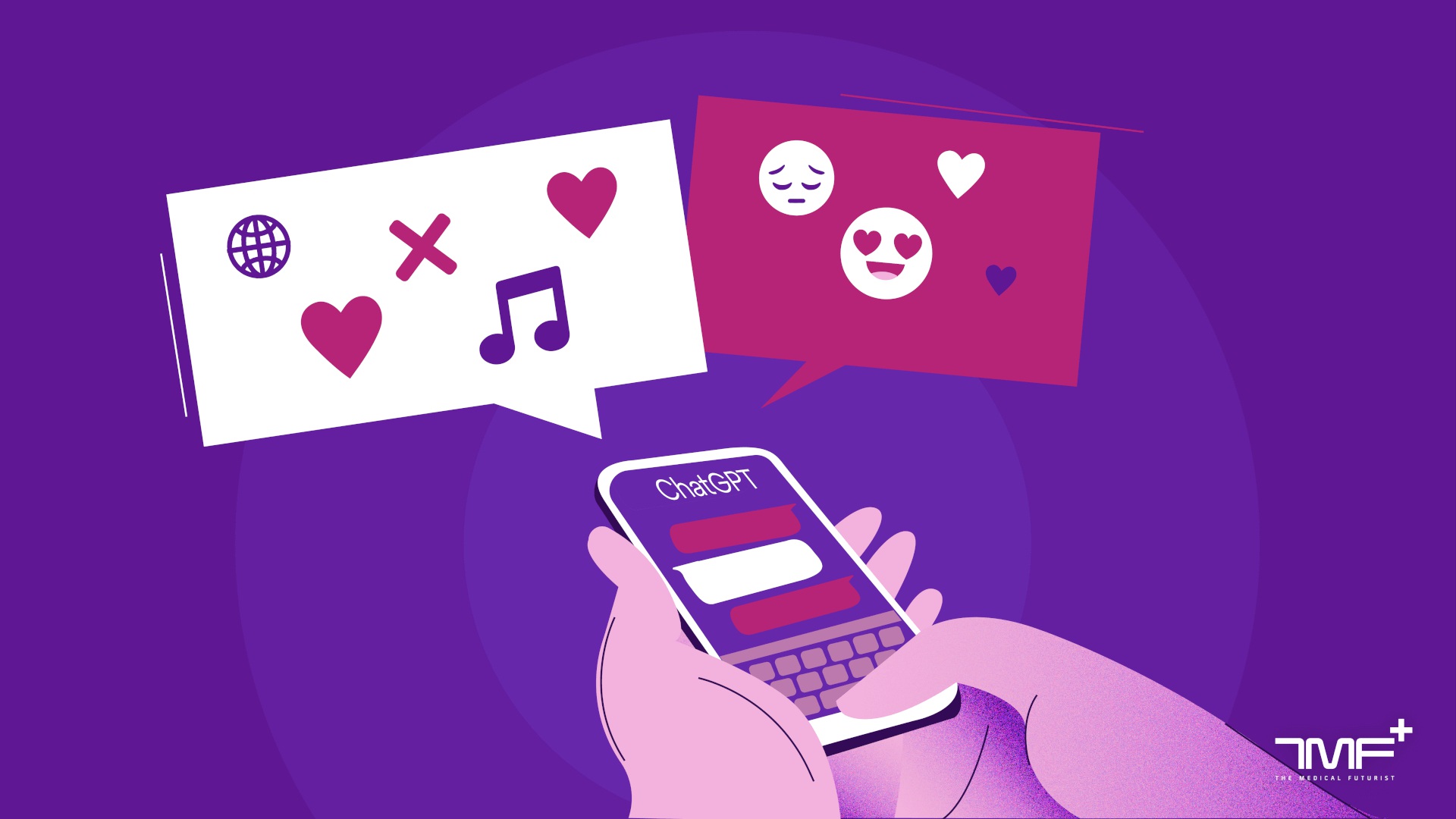
@ShahidNShah


Such AI tools present brand new challenges for everyone, from medical associations to regulatory bodies, from universities to companies. You've probably heard that ChatGPT recently passed exams in business, law, and medicine, became qualified to work at Google as a level-3 coding engineer (earning a starting salary of $180K! ), outperformed the majority of students in microbiology, and checked a passing grade on an AP literature test in 12th grade. Obviously, you should consider these findings with a grain of salt. The USMLE test was not a full-value evaluation because all questions requiring visual assessment were deleted, despite the algorithm performing pretty well. Whether you take this with a pinch of salt or not, it is still clear how these big language models' capabilities have been growing and how far they have come. So what comes next? What will the future look like when we have access to intelligent AI? As an AI-powered language model, ChatGPT can provide healthcare facilities with several benefits that can increase their return on investment (ROI). Here are some ways ChatGPT can be used to improve ROI for healthcare facilities:
Overall, ChatGPT can be a valuable tool for healthcare facilities looking to improve their ROI. By leveraging the capabilities of ChatGPT, healthcare facilities can improve patient engagement, customer service, diagnosis and treatment, data analysis, and staff training, leading to increased revenue and ROI.
Continue reading at medicalfuturist.com
Before corona hit the world badly, healthcare organizations were operating traditionally. The pandemic situation fueled the technology leverage in the healthcare market that has helped in optimizing …
Posted Mar 10, 2023 Health Technology Healthcare
Connecting innovation decision makers to authoritative information, institutions, people and insights.
Medigy accurately delivers healthcare and technology information, news and insight from around the world.
Medigy surfaces the world's best crowdsourced health tech offerings with social interactions and peer reviews.
© 2025 Netspective Foundation, Inc. All Rights Reserved.
Built on Dec 17, 2025 at 4:17am